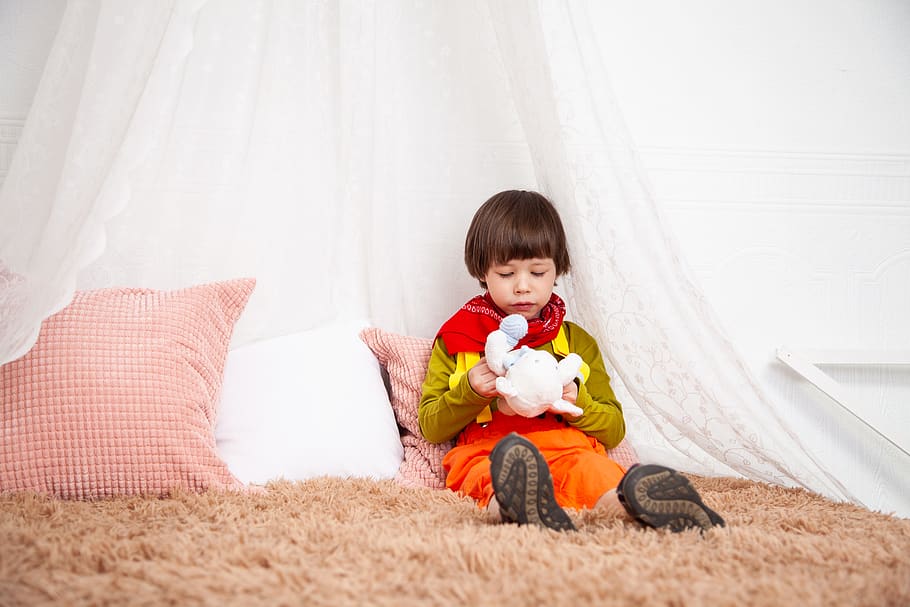These are unprecedented times. With the latest announcement from Governor Wolf that schools will remain closed for another two weeks and our continued bombardment with lots of scary Coronavirus news, those of us with children are facing unique challenges.
How can we minimize our children’s anxiety without minimizing the real dangers of the pandemic? Once this is all over, we don’t want our children looking back at this crazy time as traumatic; besides mitigating the virus, how do we mitigate our children’s fear?
For some advice, we spoke with Dr. Gail Karafin. Dr. Karafin is a graduate of Temple University, a licensed psychologist and a certified school psychologist. She has been in private practice in the Doylestown community since 1982, and she has been affiliated with the Bensalem Township School District as a school psychologist since 1989. She was gracious enough to let us pick her brain for some methods to help children remain as happy and tranquil as possible through the current crisis.
The first thing Dr. Karafin stresses is to remain calm. “Young children have little understanding of the events and often learn by observing their parents and role models, “said Dr. Karafin. “To a small child, a “virus” can be perceived as an invisible malevolent bug that kills you; a new concept of the boogeyman. Children need reassurance that everyone is working hard to keep people healthy and safe. If parents are calm, the child will feel that everything is under control.”
Keeping calm isn’t just reserved for small children either. Even older children need a calming presence. Per Dr. Karafin: “Adolescents are by nature frequent risk-takers and they sometimes have a sense of omnipotence. They can feel they are invincible. Remaining calm is important with them as well, as they can discount emotional parental warnings as irrelevant. Present a balanced view.”
As far as what parents can do in terms of the every-day while we all self-quarantine, keeping the normal routine (or as normal as can be expected), is paramount. “Routines in the daily schedule communicate that the world has familiar structure and that we are okay. Keep bedtimes and mealtimes scheduled the same as usual.” Dr. Karafin advises.
One thing we all know about children, whether we are parents or not, is that they ask a lot of questions. When the news is scary and children want to know what’s going on, it can be intimidating for a parent. We don’t want to say the wrong thing or scare them, but we also want to be as honest as possible. “When children ask questions, answer them honestly and factually so they have a sense of trust in what you say. No one can guarantee the safety of a person but emphasize there are a lot of things people are doing to keep everyone healthy and safe. Sometimes the unknown becomes scarier than reality to a child,” Dr. Karafin stressed.
Finally, Dr. Karafin left us with some practical tips we can all use with our children over the coming weeks. “Review reinforce and model basic hygiene, social distance, and a healthy lifestyle. This gives children a sense of some control over the risk of infection and will help to reduce anxiety…Monitor television viewing and social media. Limit the deluge of negative information from the press, especially with the younger child who may not have appropriate perspective and experience.”

